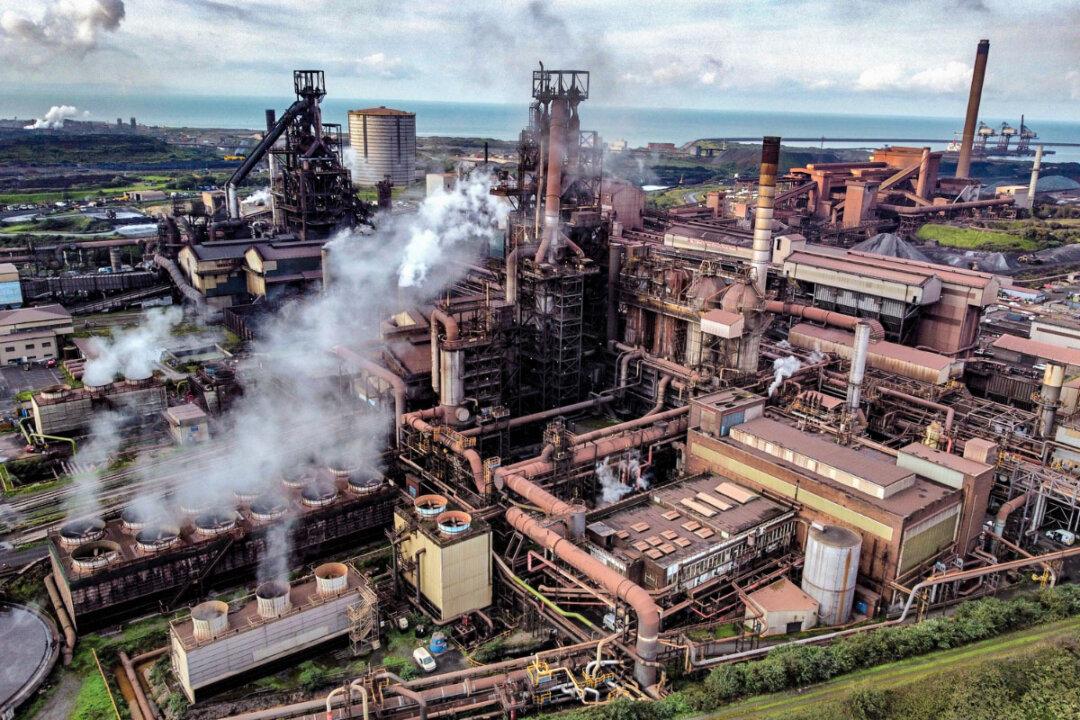The government has struck a deal with Tata Steel to secure some jobs while the Port Talbot plant moves to a low-carbon system for producing steel.
In addition to Tata’s £750 million commitment, the government agreed to contribute £500 million in plans unveiled on Wednesday. That investment can be clawed back should Tata Steel not fulfil its commitments, including retaining 5,000 jobs across the UK after the change.





